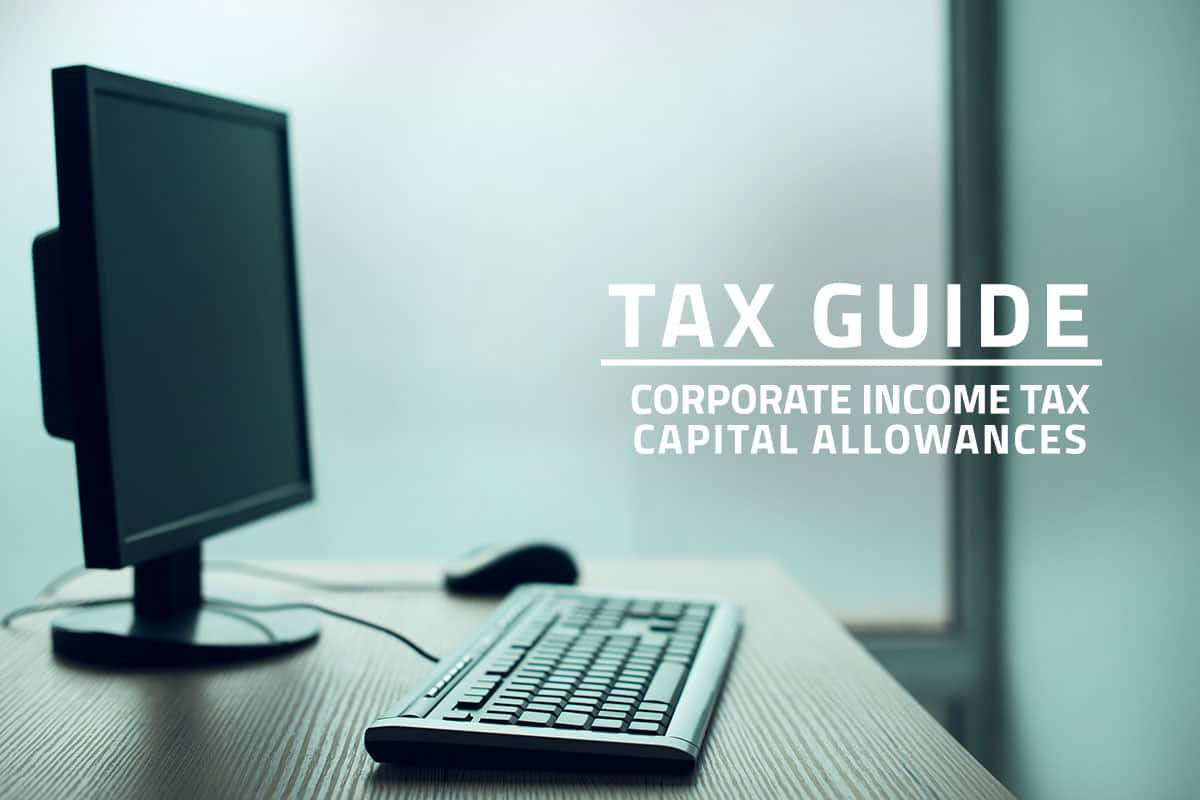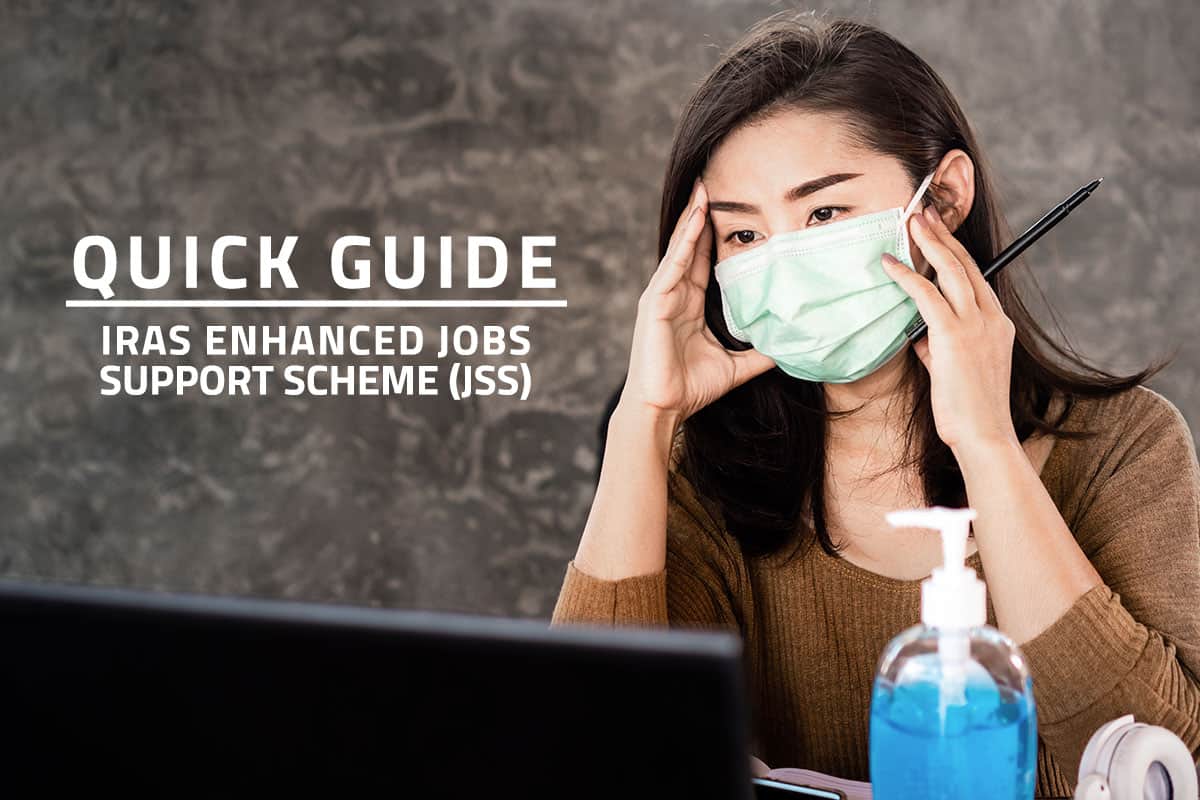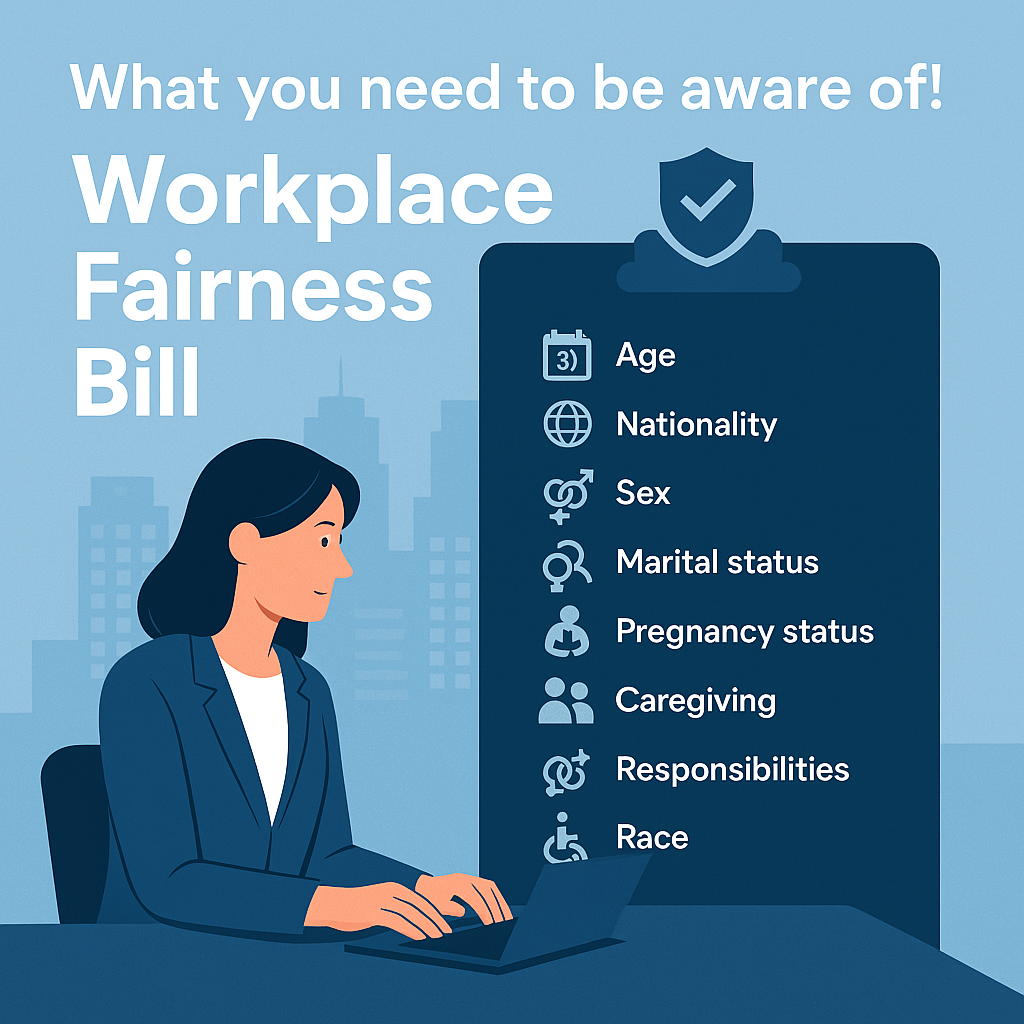
By law, Singapore companies must apply for GST registration should they meet the sales threshold set by the Inland Revenue Authority of Singapore (IRAS). Companies that do not meet the criteria for compulsory registration may also apply for voluntary GST registration. Our basic guide can help businesses and companies decide if they should pursue voluntary GST registration in Singapore.
What is GST and Who Can Collect GST in Singapore?
Goods and Services Tax or GST is a broad-based consumption tax charged in addition to the price of imported goods, as well as a wide-ranging category of goods and services in Singapore. Only GST registered companies may charge and collect GST on their sales as well as claim back GST incurred on business expenses. Quarterly GST returns are to be submitted to IRAS to determine the final GST amount refundable or payable to the government.
Criteria for Voluntary IRAS GST Registration
Singapore companies may apply for GST registration voluntarily, provided any one of the following criteria are met:
- The company has sales that are mainly taxable supplies
- The company has only sales that are out-of-scope supplies, meaning sales of goods outside of Singapore.
- The company has sales that are exempt supplies of financial services.
- The company has purchased services from overseas vendors and the input tax credit on those purchases are not claimable.
IRAS will need evidence of the company’s firm intention of fulfilling any of the above transactions. Companies are best advised not to apply for voluntary GST registration if they do not have concrete plans moving forward.
Conditions for Voluntary Registration (pre-registration and post-registration)
After having fulfilled any of the above criteria, further conditions must be met before proceeding with the application for GST registration.
Company directors, sole proprietors or partners going for voluntary GST registration are required to complete two e-learning courses, titled Registering for GST and Overview of GST. This is for entrepreneurs and key management to demonstrate their competency and full understanding of running a GST-registered business. A quiz will be presented at the end of the course and relevant parties must pass the quiz. The e-courses are not required if: the relevant parties have already been managing GST registered businesses; the GST return preparer is an Accredited Tax Adviser or Accredited Tax Practitioner; or the company is applying under the Overseas Vendor Simplified Pay-Only Registration Regime. After completing the courses, applicants need to sign up for GIRO and pay the required security deposit to IRAS.
Post-registration of GST, applicants must maintain GST-registered status for a minimum of 2 years via the following conditions:
- Maintaining a GIRO account for GST transactions with IRAS.
- Initiating sales with taxable supplies within 2 years from successful GST registration
- Complying with responsibilities of a GST-registered business: charging and accounting for GST on 7% standard rated supplies; e-filing GST returns and making payments within one month from the end of the quarterly accounting period; maintaining proper accounting records where the company’s GST registration number is displayed clearly in invoices.
Benefits and Costs of Voluntary GST Registration
There are two main benefits to being GST registered. First, you can claim the GST incurred on your purchases and improve the cash position of a business. Second, being GST registered relieves the administrative work of constantly monitoring your sales amount as businesses with sales exceeding the SGD1million threshold are required for compulsory GST registration.
On the other hand, there are costs involved with voluntary GST registration. Some areas for consideration before applying for voluntary GST registration include:
- Responsibilities of GST registered businesses. These entail the filing of GST returns to meet deadlines and keeping accurate records of the company’s GST position.
- Profile of suppliers. If the business’ suppliers are GST-registered, GST registered parties are eligible to claim GST input tax refunds on purchases from these suppliers.
- Profile of customers. If the business’ customers are GST-registered, companies have the flexibility of increasing sales price to include the GST chargeable as customers may apply for GST refunds.
- Type of sales. For businesses selling zero-rated supplies, as for the case of exporting to overseas markets, being GST registered will not affect the sales price. However, the company can enjoy the benefits of claiming GST input tax incurred on purchases.
Companies should determine whether the benefits exceed the costs when voluntarily registering for GST.
IRAS 2019 GST Registration Calculator
Companies, sole proprietors and partnerships may access the IRAS 2019 GST Registration Calculator online. An excel worksheet is downloaded for use and record keeping. The calculator computes the value of annual taxable turnover to check if GST registration is required. Key information such as taxable supplies for every calendar quarter for the financial year up to 31 December 2018 needs to be prepared beforehand and input into the calculator. Multiple categories of income can be filled in to derive the GST registration liability. These include other income, residential property rental income and trading income.
Consulting a qualified tax professional is also a good option to clear any doubts regarding the GST registration process and to ensure GST compliance in Singapore. A tax expert can assist in weighing the various benefits and costs unique to your business to determine whether voluntary GST registration is the best option for your company.
Related Posts
Tax Guide: Singapore Capital Allowances
By law, all Singapore Companies are required to file annual income tax returns to the…
Quick Guide: IAS 20 – Accounting for Government Grants
This year, the COVID-19 crisis has adversely impacted the global economy. Singapore is no exemption,…
Singapore Guide: ISCA FRB 6 – Accounting for Jobs Support Scheme
This year, the COVID-19 pandemic has inevitably adversely impacted the global economy. Singapore companies and…
Quick Guide: Singapore’s Enhanced Jobs Support Scheme (JSS)
The Singaporean government launched the Jobs Support Scheme (JSS) in late April as part of…












